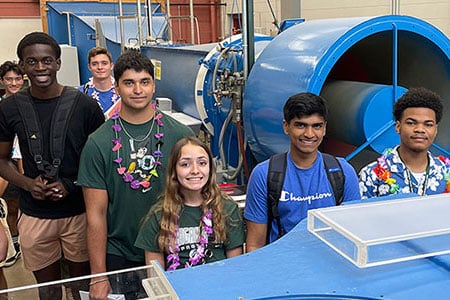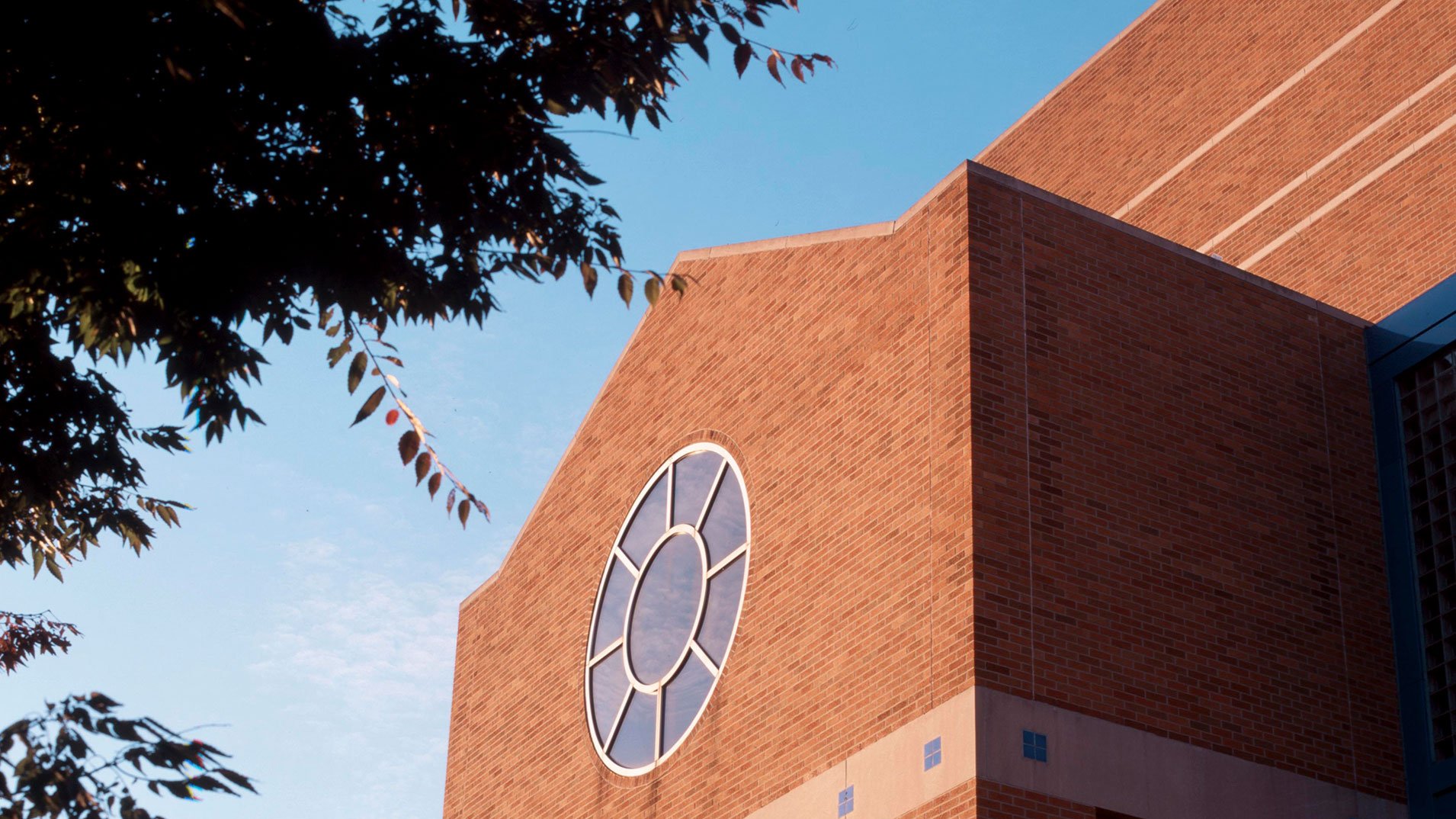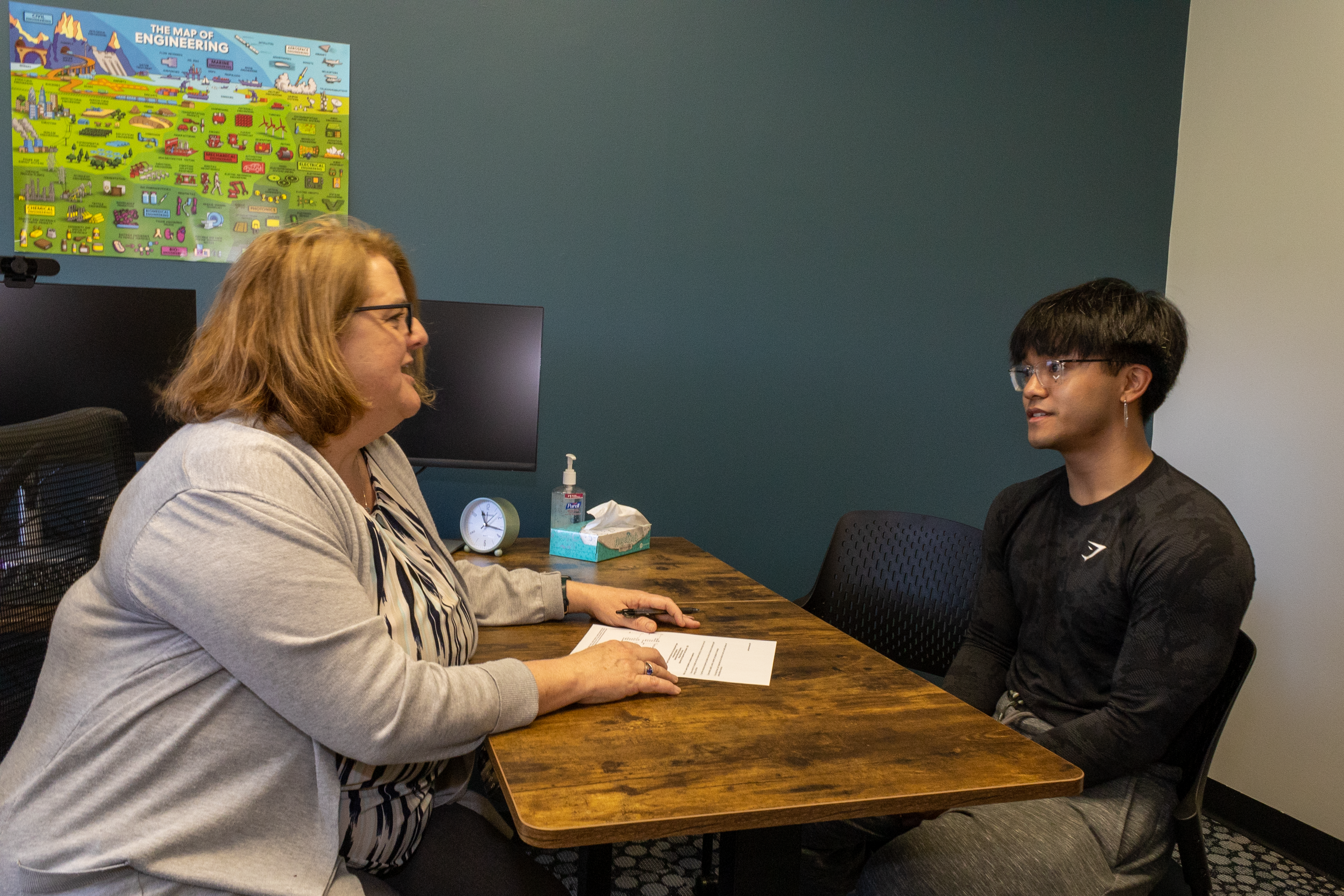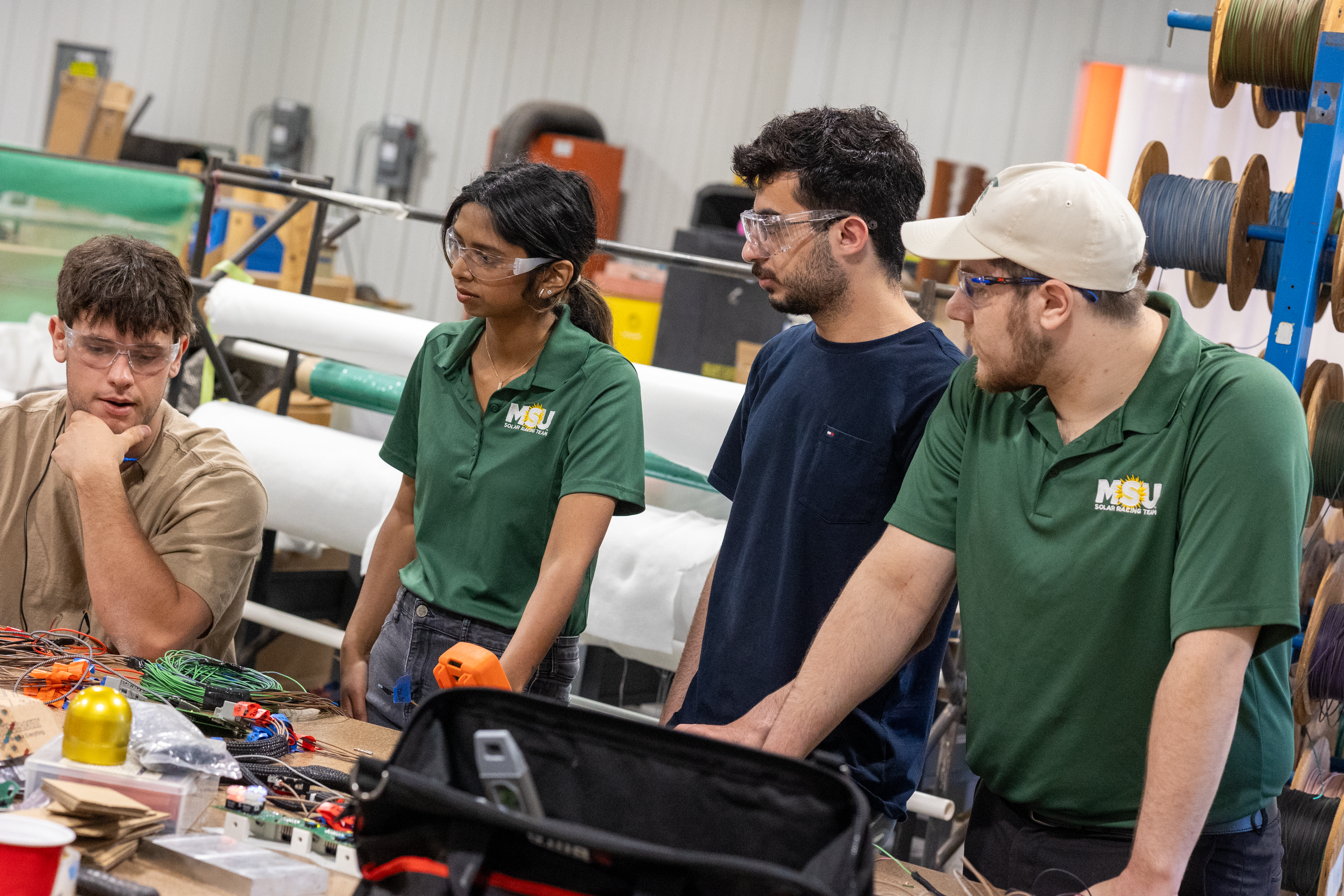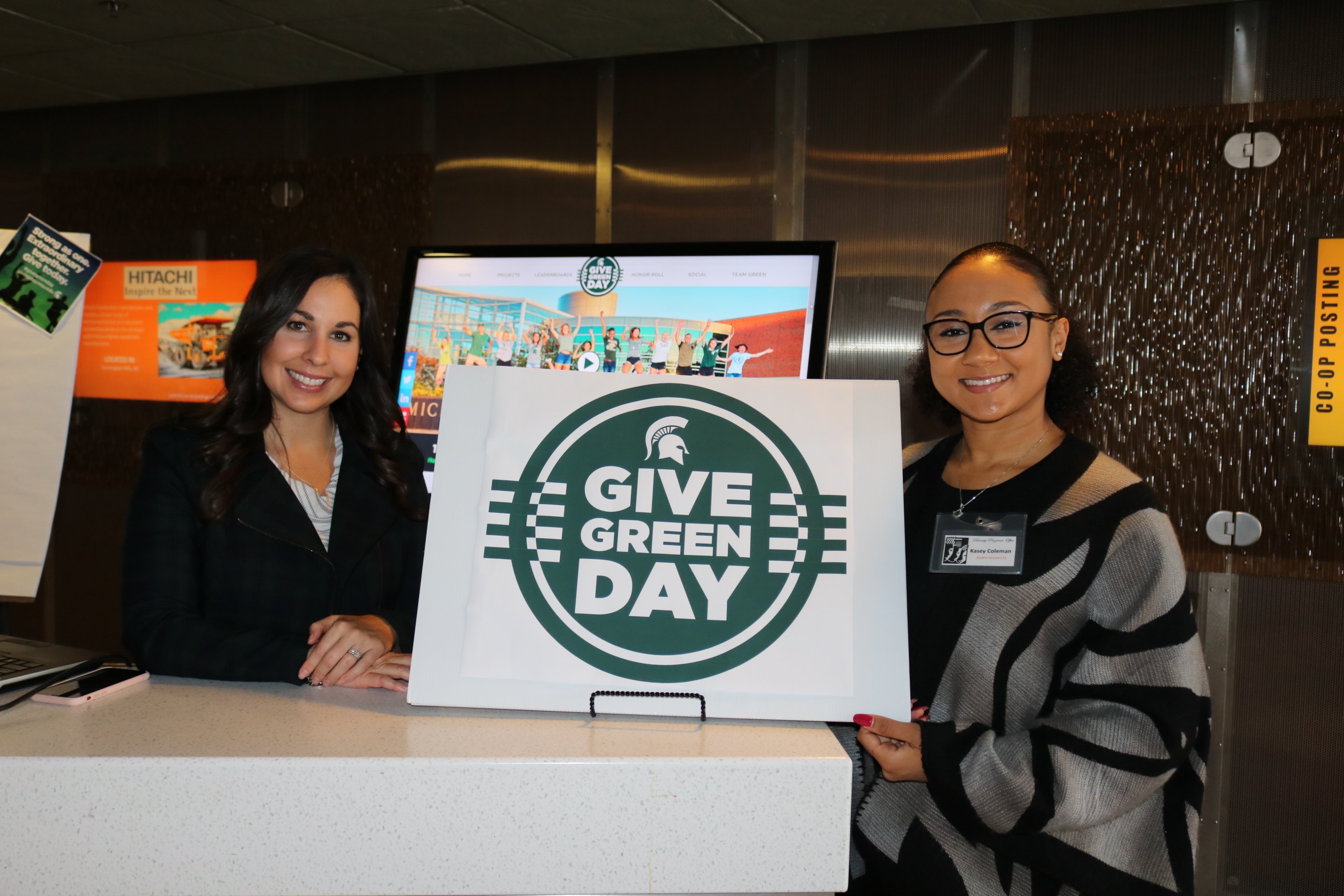The College of Engineering provides travel grants to support current graduate students in presenting their research at appropriate conferences or disciplinary meetings. As of Fall 2021, travel awards of up to $450 are available per trip, and graduate students may apply for separate travel grants for each conference/meeting at which they are invited to present their research. (EDS students and others offered special travel funding must alert the College as part of their application in order to receive it.) Funding grants are accepted throughout the year and are awarded on a first-come, first-served basis as long as funding is available.
Expected Contributions
Support is available for students who are presenting their research at virtual conferences or meetings, as well as for students who are presenting their research at physical conferences or meetings.
Generally, if the total budget for the activity (virtual or physical) is $450 or less the College will be able to cover the full amount without contributions from the faculty or department. In this case, students should clearly indicate on their application that the total budget is $450 or less, and must still get (electronic) signatures or email approval from their advisor and department - but the advisor and department contribution amounts can be $0.
When the total budget is for more than $450, a contribution from the faculty advisor and/or department is REQUIRED in order for the student to receive travel funding from the College. In these cases, the College will generally contribute $450 and expects that the advisor and/or department will make a substantial contribution in proportion to the overall cost of the trip. If the total request is more than the amounts provided by the advisor, department, and College, then the College will forward the travel request to the Graduate School to seek additional contributions.
Direct-Bill vs. Reimbursement vs. Travel Fellowship
Direct-bill means having the University pay for expenses directly, often using a "pCard" (University credit card). Only certain types of expenses can be direct-billed; the two most relevant to conference travel are plane/train tickets and conference registration fees. In order for an expense to be direct-billed, there must be funding in a University account that can be used to cover the expense. For example, when a research grant includes funding for students' conference registration and plane ticket expenses, the faculty advisor should work with their department to have these expenses charged to the research grant.
Reimbursement means submitting receipts for actual expenses, to be reimbursed from a University account. When faculty advisors have funding in their research grants to cover graduate students' travel expenses that cannot be direct-billed, such as hotels and meals, then reimbursement can be the best way to receive support. Students and their advisors should work with their department IN ADVANCE of travel to determine whether expenses can be reimbursed and, if so, what receipts or other information is required.
Travel Fellowships from the College and Graduate School are paid as graduate student fellowships. These fellowship funds are deposited to students' MSU accounts as lump sum payments, and are generally subject to tax withholding. Fellowships are also applied first to outstanding balances on students' accounts. Any remaining balance is available for students as a refund from their student account. Please note that these restrictions mean that students who receive travel fellowships often end up netting less money than they spend traveling to the conference. Students should save receipts from their travel and consult with a tax professional to determine whether expenses related to presenting their research at a conference or meeting are deductible when they file their annual US taxes.
Eligibility
To be eligible for this travel grant, students must meet all of the following criteria:
- Be a current graduate student at MSU (note: funding is no longer available once students graduate)
- Be enrolled in a M.S. or Ph.D. program with a PRIMARY major in BME, CE, ChE, CMSE, CSE, ENE, MSE, or ME/Mechanics. BAE students should apply for travel funding through CANR, and dual-major PhD students with a primary major outside of Engineering should apply for travel funding through their primary college/department.
- Be registered for 1 or more credits in the semester of the award.
- Be listed as the first author on a research poster, paper or presentation at an appropriate conference or disciplinary meeting, and be traveling to this conference/meeting to present their research
- If the total cost is more than $450, then the faculty research mentor, the department, or both must make a contribution toward the travel expenses. Applications requesting more than $450 without a faculty or department contribution will not be considered by the College and will not be forwarded to the Graduate School. Expenses that are direct-billed or reimbursed by the faculty or department CAN be counted as contributions towards this travel fellowship program, and should be included on the application form.
- The faculty research mentor and the department must sign in the appropriate area of the application form -OR- provide an email approval; electronic signatures are encouraged - no physical signatures are required.
- Complete a MSU Travel Authorization form prior to departing for the trip, and submit a reimbursement request following the trip if required; note, these travel authorization forms should be completed within your department - please check with your graduate secretary for instructions
Application Process
To apply for this travel grant, students must do the following:
- Download and complete the travel application (PDF) form on the MSU Graduate School’s Travel Funding website.
- Provide a detailed letter from the student (item 2 of the funding request form) that includes the name of the conference or meeting, the title of the work to be presented, the complete list of authors, and the date and location of the conference/meeting
- Provide a detailed breakdown of estimated travel costs (for example: $50 Food, $10 Taxi, $300 Registration, $350 Hotel, $50 Michigan Flyer, $500 Airfare)
- Have your major professor (research advisor) sign the form where it asks about your academic progress, and also make an entry in the funding section (table) to indicate what they are contributing - even if they are contributing $0 (please note: a contribution from your advisor, department, or both is REQUIRED if the total budget for this activity is more than $450)
- Email the signed form and letter to your graduate program coordinator and ask that they help to coordinate department-level review. Your graduate program coordinator will then forward the application to the college for further review. If additional contributions are needed, the College will forward the form to the MSU Graduate School (note: if you know that you have already reached the $600 maximum contribution limit for the Graduate School, or you otherwise do NOT want to request travel funding from the Graduate School, please include a note clearly stating this when you send the application to your graduate program coordinator; this will help to speed up the review process).
- If you have financial aid, please talk to the Office of Financial Aid and/or your graduate program coordinator to determine if an updated cost of attendance form is required in order to receive this fellowship.
Travel funding applications must be submitted to your department at least two weeks prior to the date of departure but not more than six weeks prior to your travel. Once your form has been processed, you will receive an email indicating which funds (if any) were approved.
